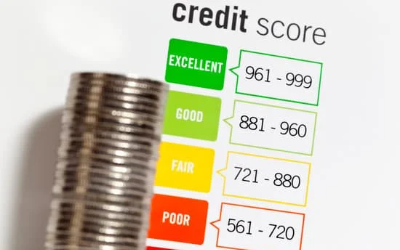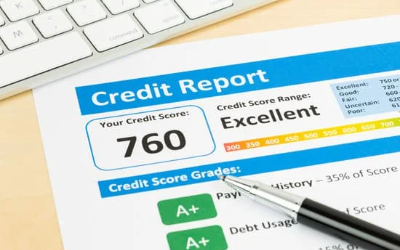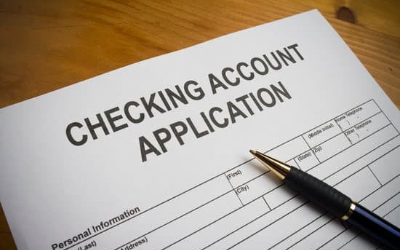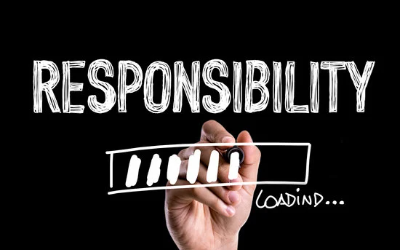How to Boost Your Credit Score Before Applying for a Mortgage
When it comes to applying for a mortgage, your credit score plays a vital role in determining your eligibility and the terms of the loan. A higher credit score can lead to better interest rates and more favorable loan terms, potentially saving you thousands of dollars over the life of your mortgage. If you're planning to buy a home and want to boost your credit score before applying for a mortgage, this blog is for you. We'll discuss effective strategies and actionable tips to help you improve your creditworthiness.

- Know Your Current Credit Score:
Start by checking your credit score from all three major credit bureaus (Experian, Equifax, and TransUnion). Understanding your current credit standing allows you to set realistic goals and track your progress as you work to improve your score.

- Review Your Credit Reports:
Obtain a copy of your credit reports and carefully review them for errors, discrepancies, or outdated information. If you find any inaccuracies, dispute them with the respective credit bureau to have them corrected or removed.

- Pay Your Bills on Time:
One of the most significant factors influencing your credit score is your payment history. Make it a priority to pay all your bills, including credit card bills, loans, and utilities, on time. Consider setting up automatic payments or reminders to ensure you never miss a due date.

- Reduce Credit Utilization Ratio:
Your credit utilization ratio represents the amount of credit you've used compared to your total available credit. Aim to keep this ratio below 30% to demonstrate responsible credit management. Pay down existing balances, avoid maxing out your credit cards, and consider increasing your credit limits to lower your utilization ratio.

- Avoid Opening New Credit Accounts:
While it's important to have a diverse credit mix, avoid opening new credit accounts shortly before applying for a mortgage. Multiple credit inquiries within a short period can negatively impact your credit score. Focus on improving your existing credit accounts instead.

- Keep Old Accounts Open:
The length of your credit history also affects your credit score. If you have old credit cards with no annual fees or negative history, keep them open. These accounts contribute positively to your credit history and demonstrate your creditworthiness over time.

- Pay Down Debt:
High levels of debt can negatively impact your credit score. Focus on paying down existing debts, starting with high-interest accounts. Consider creating a debt payoff plan and allocating extra funds toward reducing outstanding balances.

- Diversify Your Credit Mix:
Having a mix of credit accounts, such as credit cards, loans, and a mortgage, can positively impact your credit score. However, avoid opening new accounts solely for the sake of diversification. Only pursue new credit if it aligns with your financial goals.

- Use Credit Responsibly:
Responsible credit usage is crucial for maintaining a healthy credit score. Avoid late payments, maxing out credit cards, or carrying high balances. Make small, regular charges on your credit cards and pay them off in full each month to demonstrate responsible credit management.

- Be Patient and Stay Consistent:
Building and improving your credit score takes time. Be patient and stay consistent with your efforts. Monitor your credit regularly, track your progress, and celebrate the milestones achieved along the way.
Boosting your credit score before applying for a mortgage is a wise move that can save you money in the long run. By following the strategies and tips outlined in this guide, you can take control of your credit and increase your chances of securing a favorable mortgage with better terms. Remember, building good credit habits is a lifelong endeavor that extends beyond your mortgage application. Maintain healthy credit practices to enjoy the benefits of a strong credit score throughout your financial journey.









